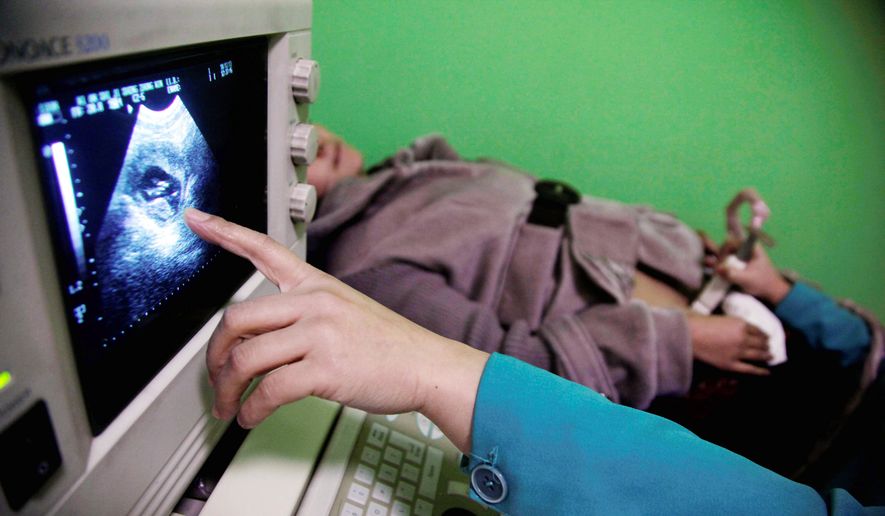Lawmakers on Wednesday discussed two bills that aim to reduce the District’s maternal mortality rate by creating training opportunities for community based perinatal health workers and requiring insurance companies to cover postpartum health care visits, among other services.
D.C. Council member Vincent Gray led a Health Committee hearing Wednesday on the Perinatal Health Worker Training Access Act of 2019 and the Maternal Health Care Improvement and Expansion Act of 2019.
“The absence of OB services in the District of Columbia is an embarrassment,” said Mr. Gray, Ward 7 Democrat.
The District’s maternal mortality rate this year is 35.6 deaths per 100,000 live births, compared to the national rate of 29.6 deaths per 100,000, according to AmericanHealthRankings.org.
What’s more, the national maternal mortality rate for black women is 42.4 deaths per 100,000 live births, according to the Centers for Disease Control and Prevention.
“Last year, this council created a Maternal Mortality Review Committee, but we don’t have to wait for results to make improvements,” said council member Charles Allen, Ward 6 Democrat. “We know women need more access to health care during and after a pregnancy. We know community-centered health care can improve outcomes. We know a sense of community can help pregnant women and new mothers talk through challenges.”
The entire 13-member council co-introduced the Perinatal Health Worker Training Access Act in June. It would create grants through the Health Department to fund training programs for perinatal health workers, who provide community-based health and wellness services, lactation training and referrals to other social services in Wards 5, 7 and 8.
The Maternal Health Care Improvement and Expansion Act was co-introduced by 11 council members in June. It would expand health insurance coverage for two postpartum visits, home visits and fertility preservation services.
It also would create a center for maternal health and wellness and require implicit bias training for medical professionals.
Details about the proposed center for maternal health — such as its cost, staffing and location — have yet to be worked out. The chief financial officer will analyze the cost when the legislation goes to the full council.
Barbara Hatcher, who testified Wednesday on behalf of the Washington DC Alumnae Chapter of Delta Sigma Theta Sorority, recommended that the legislation cover more than just two postpartum visits, given that mothers can die up to a year after birth due to complications.
“Black women should not lose their lives in an effort to bring forth life,” Ms. Hatcher said, adding that hospitals that serve black communities are often of lower quality.
Sara Imershein, representing the American College of Obstetricians & Gynecologists, questioned how it will be determined as to who qualifies for travel stipends covered by insurance and fertility preservation services.
Juan Pablo Segura, co-founder and president of the telehealth care firm Babyscripts, said the legislation is missing a technology component. Integrating technology with health care can connect “the right care to the right patient at the right time,” such as videoconferencing with a doctor, he said.
However, Dr. Jamila Perritt said employing technology and creating a maternal health center are not enough.
“We also have to unlearn so many of the things we were taught to be able to care for our communities,” said Dr. Perritt, an obstetrician/gynecologist providing community-based care in the District.
• Sophie Kaplan can be reached at skaplan@washingtontimes.com.




Please read our comment policy before commenting.